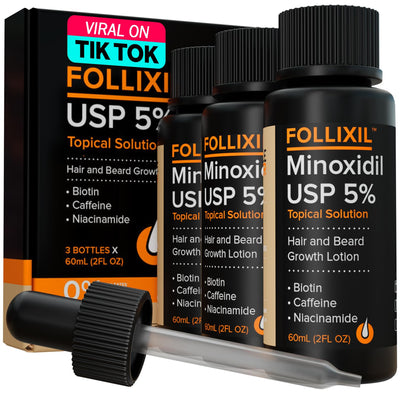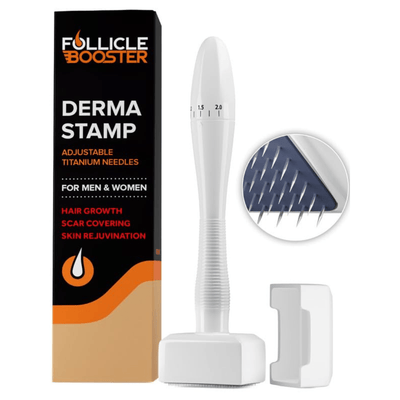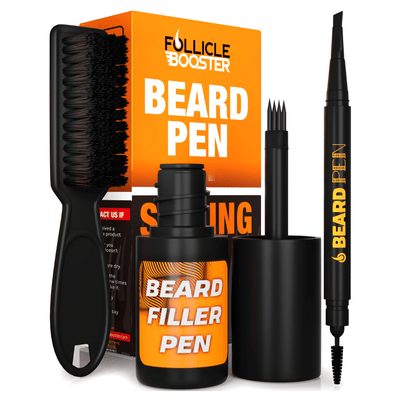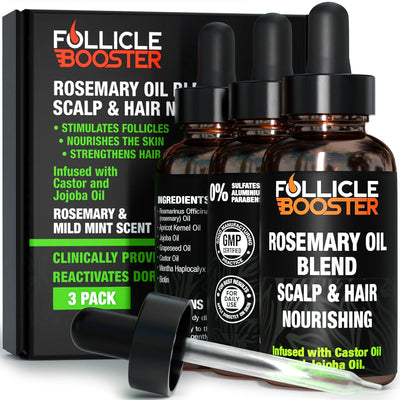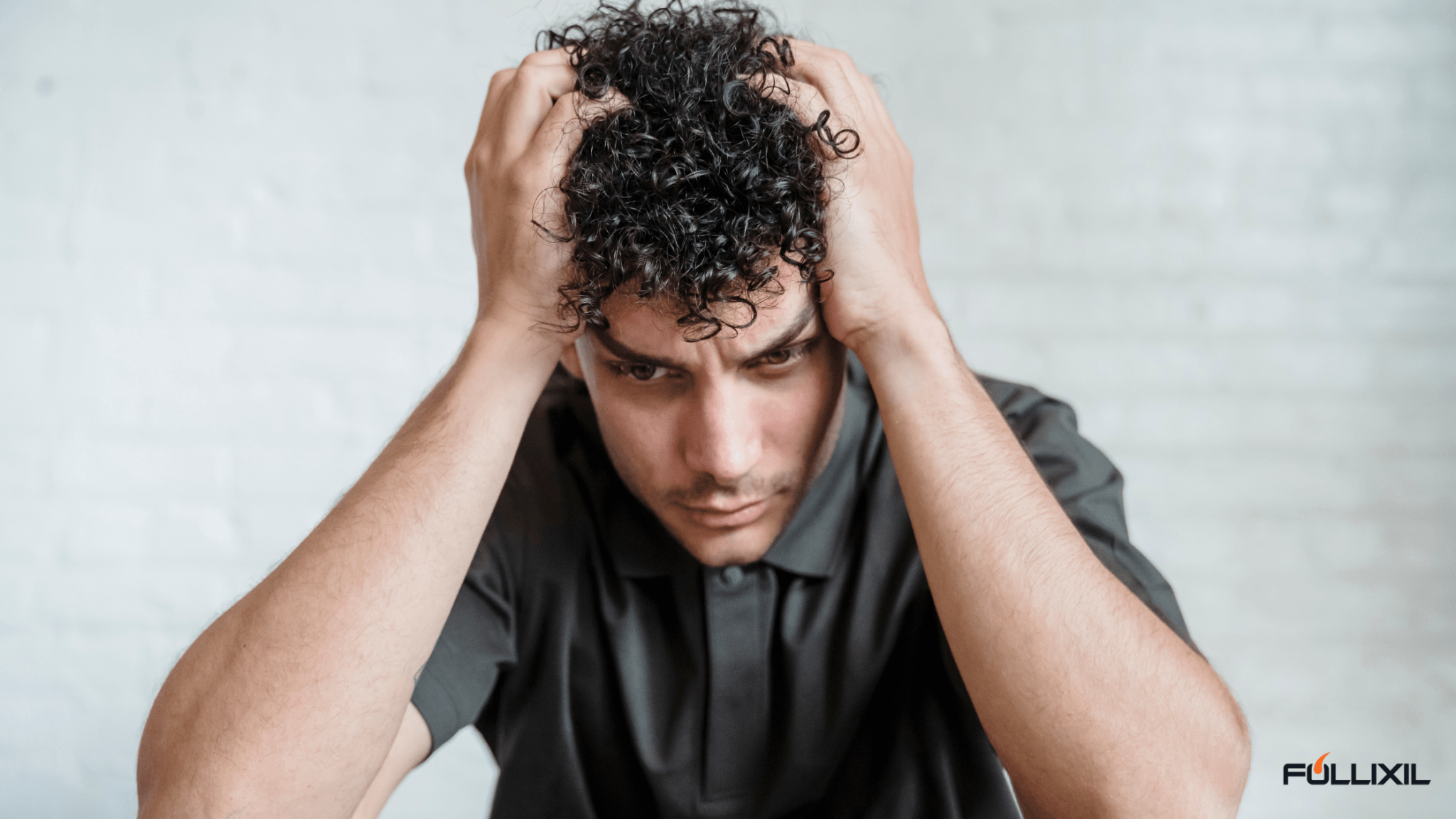Stress significantly impacts overall health, including the condition of your hair. Many people experience increased hair shedding during stressful times, but how does stress contribute to hair loss? Understanding the relationship between stress and hair health can help you take steps to mitigate its effects. Here’s a closer look at how stress affects hair loss and what you can do about it.

1. Telogen Effluvium: Excessive Hair Shedding
One of the most common stress-induced hair loss conditions is telogen effluvium. Under normal circumstances, about 85-90% of your hair is in the growth phase (anagen), while a small percentage is in the resting phase (telogen). However, severe stress can push many hairs prematurely into the telogen phase. This results in excessive hair shedding, typically occurring a few months after a stressful event. The good news is that this type of hair loss is usually temporary, and hair regrowth can occur once the stress subsides.
2. Alopecia Areata: Autoimmune Response to Stress
In some cases, extreme stress can trigger an autoimmune response called alopecia areata, where the immune system mistakenly attacks hair follicles. This leads to sudden, patchy hair loss on the scalp or other body parts. Although the exact cause is not fully understood, studies suggest that emotional or physical stress can contribute significantly. Hair may regrow on its own, but in some cases, medical treatment such as corticosteroids or immunotherapy may be necessary.
3. Trichotillomania: Hair-Pulling Disorder
Chronic stress and anxiety can also lead to a psychological condition known as trichotillomania, where individuals have an uncontrollable urge to pull out their hair. This repetitive behavior often occurs in response to emotional distress and can result in noticeable hair thinning or bald patches. Therapy and behavioral interventions can help manage this condition and reduce hair loss.
4. Stress Disrupts Hair Growth Cycle
Hair follows a natural growth cycle consisting of three phases: anagen (growth phase), catagen (transition phase), and telogen (resting phase). Stress disrupts this cycle, pushing more hair into the resting phase, eventually increasing shedding. Prolonged stress can also slow hair regrowth, making it harder for hair to return to its standard thickness and length.
5. Stress Affects Scalp Health
Chronic stress can cause scalp conditions such as dandruff, dryness, or excessive oil production, negatively impacting hair growth. Increased cortisol levels (the stress hormone) can weaken hair follicles and lead to inflammation, making the scalp less conducive to healthy hair growth. Maintaining a healthy scalp through proper hydration, a balanced diet, and relaxation techniques can help mitigate these effects.
6. Reversing Stress-Related Hair Loss
The good news is that stress-related hair loss is often reversible with proper stress management and lifestyle changes. Here are some practical ways to reduce stress and promote healthy hair growth:
-
Practice relaxation techniques like meditation, yoga, or deep breathing exercises.

-
Maintain a nutritious diet rich in vitamins, minerals, and protein to support hair health.

- Get enough sleep to allow the body to repair and regenerate hair follicles.
- Engage in regular physical activity to reduce stress and improve blood circulation to the scalp.
- Consider professional help if stress or anxiety is overwhelming and affects daily life.
Addressing stress and adopting a healthier lifestyle can improve overall well-being and support hair regrowth. If hair loss persists, consult a dermatologist or healthcare provider to explore treatment options.
Stress can majorly impact hair health, leading to conditions like telogen effluvium, alopecia areata, and trichotillomania. However, with proper stress management, a healthy lifestyle, and the right hair care routine, you can minimize its effects and restore your hair’s natural vitality. Prioritizing mental and physical well-being will help your hair and improve your overall quality of life.
